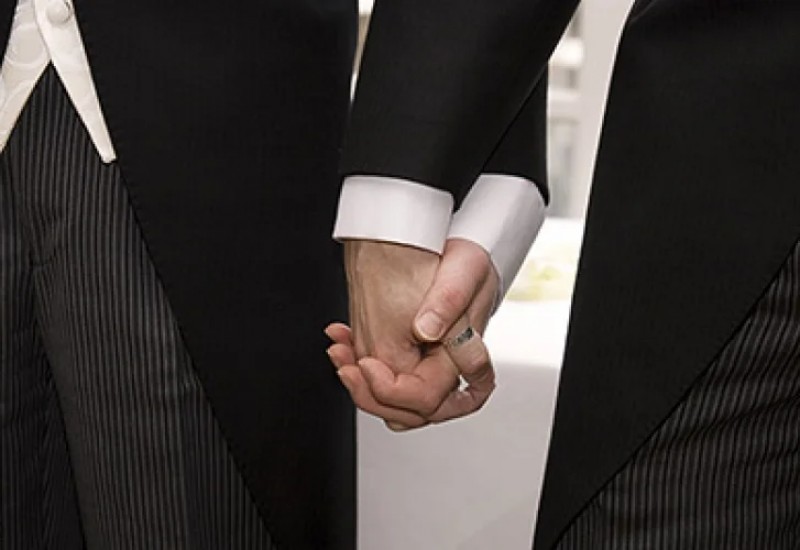
To Marry or not?
In recent years, the fight for marriage equality has marked a significant chapter in the ongoing struggle for LGBTQ rights worldwide. Victories in numerous countries have not only legalised same-sex marriage but also symbolized a broader acceptance and recognition of LGBTQ individuals and their relationships. However, as the dust settles on these legislative battles, a nuanced conversation emerges from within the community about the concept of marriage itself and its alignment with the diverse lifestyles and values that exist under the LGBTQ umbrella.
For many, the legalisation of same-sex marriage represented a crucial step toward equality, offering legal protections and acknowledgement that were previously denied. Yet, there's an acknowledgement within segments of the LGBTQ community that while legal recognition of relationships is essential, the traditional institution of marriage might not be the ultimate goal for everyone. This sentiment is partly rooted in observations of the heterosexual marriage model, which, despite being held as a societal standard, exhibits a notable divorce rate exceeding 50% in many places, leading to questions about its suitability as a one-size-fits-all model for relationships.
Critics and sceptics within the LGBTQ community point out that the traditional marriage framework often does not reflect the dynamic, diverse nature of relationships that are celebrated among them. For some, the values of freedom, love, and openness that have been hallmarks of LGBTQ culture seem at odds with the constraints and conventions traditionally associated with marriage. As a result, even in jurisdictions where same-sex marriage is legal, the rate of gay marriages remains relatively low. This isn't indicative of a lack of committed, loving relationships within the community; instead, it suggests a deliberate choice by many to explore and embrace relationship structures outside the traditional marriage paradigm.
These choices underscore a broader conversation about relationships, commitment, and love that transcends legal definitions and societal expectations. It highlights the importance of respecting and validating a spectrum of relationship models, from those seeking the rights and recognition of marriage to those who find fulfilment in less conventional arrangements.
The evolving dialogue within the LGBTQ community about marriage and relationships reflects a larger questioning of traditional norms and an exploration of what freedom and commitment mean in the modern world. It reminds us that the fight for equality is also a fight for the right to define one's own path to happiness and fulfilment, free from societal prescriptions.
As the LGBTQ community continues to navigate the complexities of love, relationships, and legal recognition, the diversity of perspectives on marriage serves as a testament to the richness of human connections. It challenges the notion that there's a single, ideal way to live and love, advocating for a world where all forms of love are celebrated and given the space to flourish.
-
 07/03/2024 316
07/03/2024 316 -
 07/03/2024 369
07/03/2024 369 -
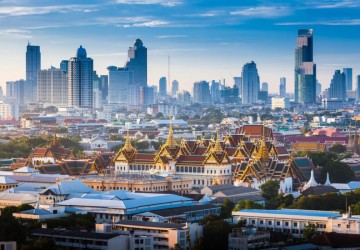 07/03/2024 416
07/03/2024 416 -
 06/16/2024 405
06/16/2024 405 -
 06/16/2024 370
06/16/2024 370
-
 06/10/2017 5463
06/10/2017 5463 -
 06/19/2017 4129
06/19/2017 4129 -
 10/07/2017 4085
10/07/2017 4085 -
 06/10/2017 3982
06/10/2017 3982 -
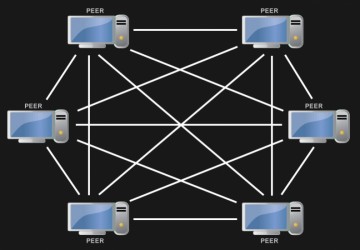 06/28/2017 3614
06/28/2017 3614
FEATURED NEWS

GENERAL
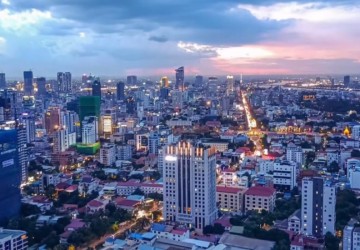
GENERAL

GENERAL

GENERAL



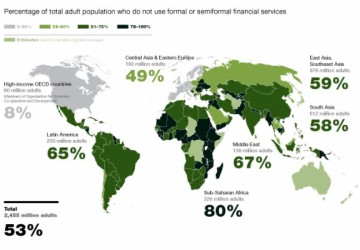
LEAVE A COMMENT